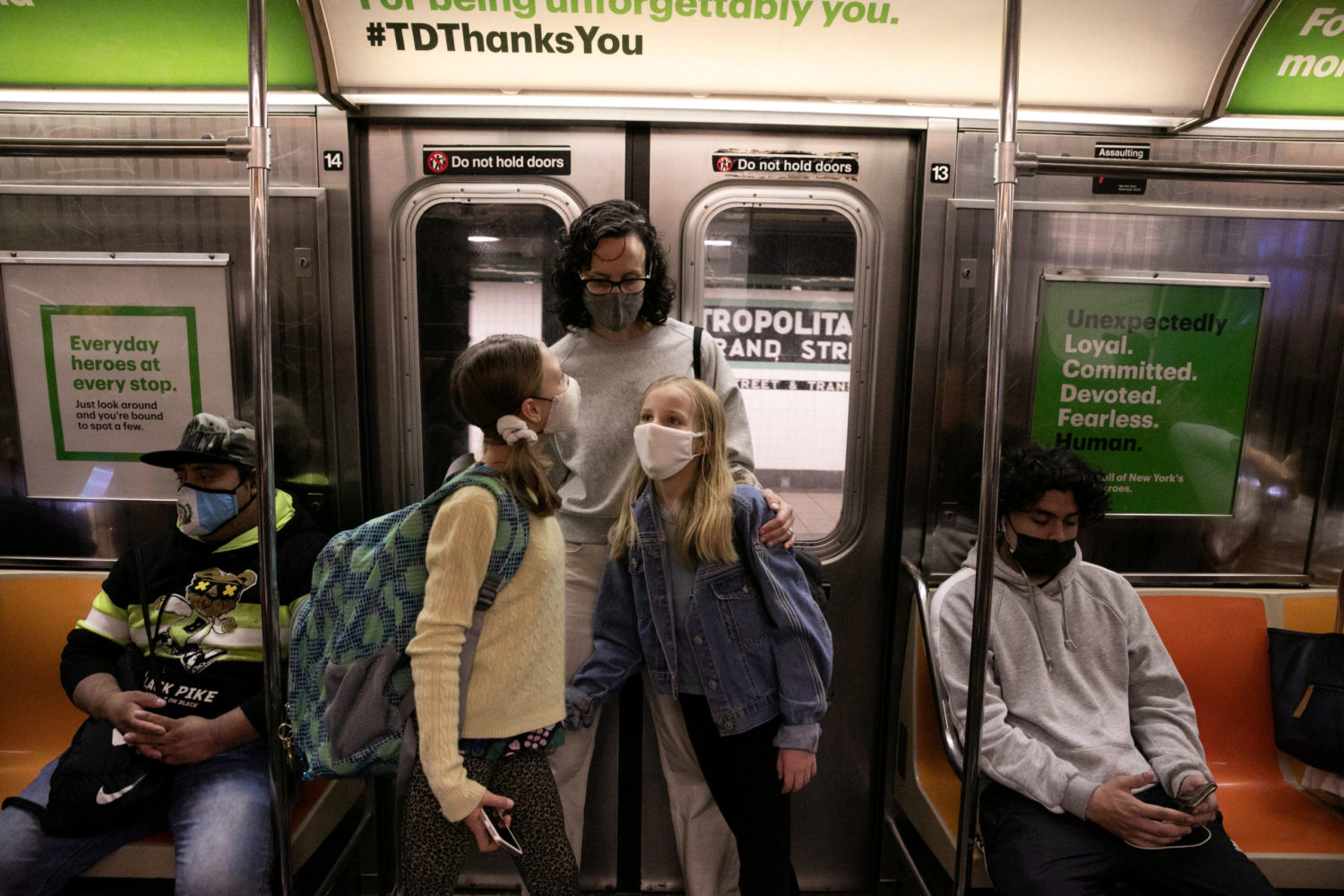
By Jonathan Allen and Lisa Shumaker
NEW YORK (Reuters) – COVID-19 trends are all moving in the wrong direction in Wisconsin, where U.S. President Donald Trump will hold rallies over the weekend, while the pandemic’s early U.S. epicenter of New York state reported an uptick of positive coronavirus tests in 20 “hot spots” on Thursday.
New cases of COVID-19 rose in 27 out of 50 U.S. states in September compared with August, with an increase of 111% in Wisconsin, according to a Reuters analysis.
Wisconsin is also dealing with a troubling rise in serious COVID-19 cases that threaten to overwhelm hospitals.
“Our emergency department has had several instances in the past week where it was past capacity and needed to place patients in beds in the hallways,” Bellin Health, which runs a hospital in Green Bay, said in a statement. “Our ICU (intensive care unit) beds have also been full, or nearly full, during the past week.”
Health officials in the state said public gatherings have become even more dangerous than earlier in the pandemic, and Governor Tony Evers issued an emergency order easing licensing rules to increase the number of healthcare workers able to deal with the mounting crisis.
“We are seeing alarming trends here in Wisconsin, with today seeing our highest number of new cases in a single day, and yesterday seeing our highest death count,” Evers said in a statement.
Dr. Ryan Westergaard, chief medical officer at the Wisconsin department of Health Services, said the state’s outbreak started in younger people and has now spread throughout the community.
“Public gatherings of any kind are dangerous right now, more so than they have been at any time during this epidemic,” he told CNN on Thursday.
In New York, which grappled with the world’s most rampant outbreak earlier this the year, officials said they were worried about clusters of cases in 20 ZIP code areas across the state, where the average rate of positive tests rose to 6.5% from 5.5% the day before.
New York Governor Andrew Cuomo and New Jersey Governor Phil Murphy encouraged residents to download onto their smartphones a new voluntary contact-tracing app, COVID Alert, they launched on Thursday. The app uses Bluetooth technology to alert users if they have recently been near someone who later tested positive for the novel coronavirus.
Many of New York’s 20 hot spots – half of which are in New York City – include Orthodox Jewish communities. Cuomo said he talked to community leaders about enforcing social distancing measures.
“A cluster today can become community spread tomorrow,” Cuomo said on a briefing call with reporters. “These ZIP codes are not hermetically sealed.”
He implored local authorities to increase enforcement measures. “If they’re not wearing masks, they should be fined,” Cuomo said.
Wisconsin health officials are urging residents to stay home and avoid large gatherings ahead of Trump’s weekend rallies in La Crosse and Green Bay in the run up to the Nov. 3 election.
An indoor Trump rally in Tulsa, Oklahoma, in July likely contributed to a subsequent rise in cases there, city health officials said.
“This spike we’re seeing in Brown County, Wisconsin should be a wakeup call to anyone who lives here that our community is facing a crisis,” Dr. Paul Casey, medical director of the emergency department at Bellin Hospital, told CNN.
Cases, hospitalizations, positive test rates and deaths are all climbing in Wisconsin, according to a Reuters analysis.
Over the past week, 21% of coronavirus tests on average came back positive and have steadily risen for five weeks in a row from 8% in late August.
The number of hospitalized COVID-19 patients has doubled in the last two weeks hitting a record of 646 on Wednesday, the same day Wisconsin reported its biggest one-day increase in deaths since the pandemic started with 27 lives lost.
Beyond the Midwest, western states were also facing spikes in coronavirus cases. Montana on Friday reported a record increase in cases for the second day in a row and had a record number of hospitalized COVID-19 patients.
(Reporting by Jonathan Allen and Maria Caspani in New York and Lisa Shumaker in Chicago; Editing by Bill Berkrot)


